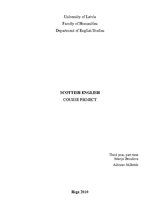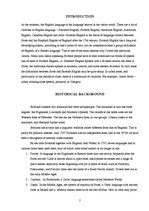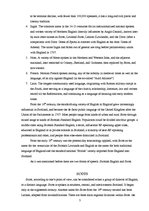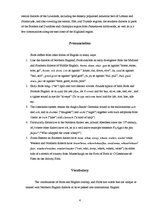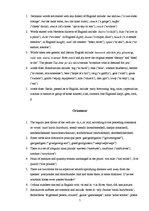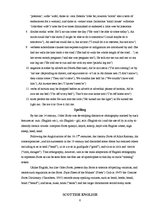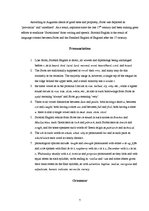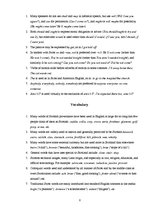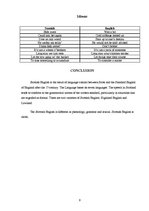-
Scottish English
Szint:
Főiskola/egyetem
Irodalom:
3 egység
Referenciák:
Nincs használatban
Küldés e-mailben
Az Ön neve:
Adja meg az e-mail-címet, amelyen meg szeretné kapni a linket:
Üdv!
{Your name} szerint érdemes lehet megtekinteni ezt a dokumentumot az eKönyvtárban „Scottish English”.
A dokumentumra mutató link:
https://www.ekonyvtar.eu/w/881863
A dokumentumra mutató link:
https://www.ekonyvtar.eu/w/881863
E-mail elküldve
